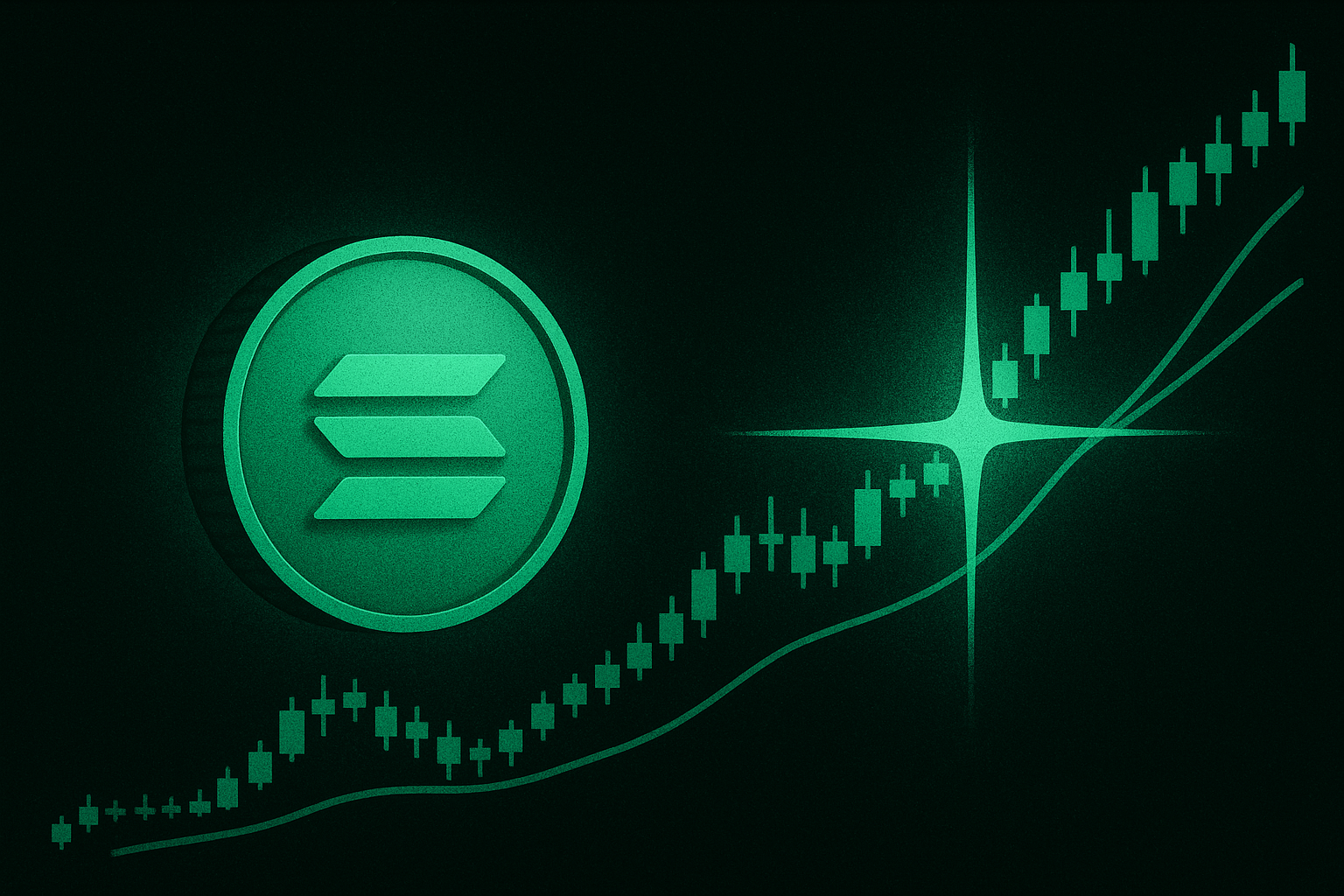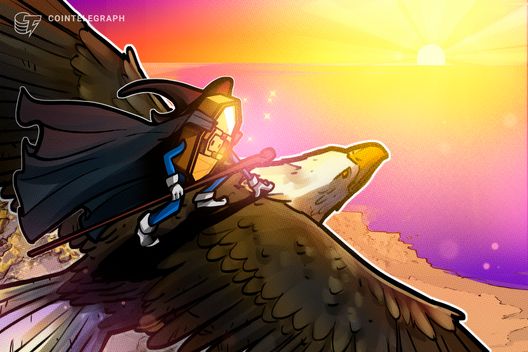ARTICLE AD BOX

- Ethereum is starting to slip in major areas like DeFi, NFTs, and everyday consumer apps, and Solana is quickly stepping in to fill those gaps.
- When it comes to real-world networks that need to handle nonstop, low-cost, real-time transactions, Solana has the tech to make it happen.
Solana is now the 6th largest cryptocurrency by market cap of around $79 billion, with a current price of $148. SOL is only four years younger than Ethereum (ETH), which launched in 2017 and holds the second spot after Bitcoin (BTC) with a $304 billion market cap.
Solana is steadily chipping away at Ethereum’s dominance in three areas. The truth is, having more capital doesn’t always guarantee you’ll stay on top. Solana is starting to pose a long-term threat to Ethereum.
1. Ethereum’s capital
Ethereum has held the advantage when it comes to deep liquidity and a strong developer base. But Solana is catching up fast. The race is heating up, with the tokenization of real-world assets, like bonds, stocks, and real estate, projected to become a $16 trillion market by 2030.
Ethereum is hosting about $7.5 billion, which makes up nearly 60% of all on-chain tokenized assets. Solana, by comparison, holds a much smaller share at $361 million, or just 2.8%, but that number is steadily rising. In terms of DeFi, Ethereum has a massive $64.2 billion in total value locked (TVL), with over 418,000 active addresses using the network in the last 24 hours, as it trades at $2515.
Solana, on the other hand, recorded around 2.95 million active addresses in the past day, a huge jump in user activity, with a TVL of $8.53 billion. Solana is clearly catching attention with how active its users are on a daily basis.
Ethereum upgrades like Dencun and the Pectra serve as signs that ETH is growing. As CNF has reported before, Dencun, launched in March 2024, introduced proto-danksharding (EIP‑4844) to help cut costs on Layer 2 networks.
Then came Pectra, which added smart contract-like capabilities to regular wallets and raised the staking cap for validators to 2,048 ETH. Many in the space feel like Ethereum has spent years promising lower fees but not fully delivering, especially on the base layer.
2. DePIN Projects on Ethereum
DePIN is short for Decentralized Physical Infrastructure Networks, and it’s all about using blockchain to power real-world systems, like wireless networks, think Helium or decentralized storage. Instead of relying on corporations to run this infrastructure, users can contribute resources, like bandwidth or storage, and earn tokens in return.
The challenge? These networks require lots of small, frequent transactions, and Ethereum’s high gas fees make that tough to scale. DePIN projects end up relying on Layer 2s or sidechains like Polygon or Arbitrum, which adds complexity and splits the experience across multiple platforms.
On the other hand, Solana is becoming a hotspot for DePIN. Its fast, low-cost design makes it ideal for handling real-world activity projects like Roam are already doing this. And because everything runs on a single unified chain, devices and smart contracts can interact smoothly, something Ethereum’s base layer still can’t do efficiently.
3. AI agents on SOL
AI agents are becoming a big deal in crypto, think bots that can buy assets, process data, pay for services, and make decisions on-chain without human input. AI agents may perform hundreds or thousands of microtransactions daily. On Ethereum, that becomes unsustainable. On Solana, it’s practically free, costing just roughly $0.0001.
Solana’s Sealevel engine allows for parallel processing of transactions. AI agents can interact with multiple protocols or smart contracts at once, without waiting in line. Ethereum, on the other hand, executes transactions sequentially. So agents operating on Ethereum face delays if the network is congested.
Seeing the potential, the Solana Foundation took action, launching an open-source ChatGPT plugin and putting up $10 million in AI grants back in May 2023. We also reported that Fetch.ai, an AI-focused crypto firm built on Cosmos, also pledged $10 million to support startups building AI agents on Solana.
.png)
 4 months ago
12
4 months ago
12








 English (US)
English (US)